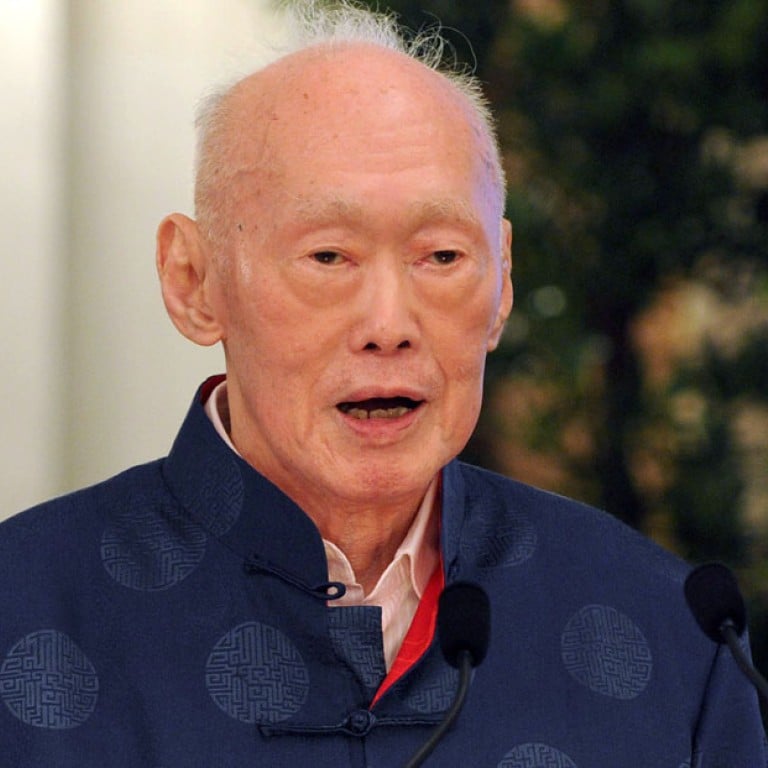
The legacy of Singapore's Lee Kuan Yew
Lee retired as prime minister in 1990 and from his mentoring role in the government of his People's Action Party in 2011. His legacy is the success story of modern Singapore.
When Lee Kuan Yew became prime minister in 1959, Singapore, much like Hong Kong now, was self-governing, except in defence and foreign affairs; Queen Elizabeth was head of state of its British colonial master; and the Singapore naval base remained a powerful symbol of empire. Everything has changed since then, except for Queen Elizabeth. Britain's second longest-serving monarch was, fittingly, among those who sent greetings to the world's longest-serving prime minister on his 90th birthday yesterday.
Lee retired as prime minister in 1990 and from his mentoring role in the government of his People's Action Party in 2011. His legacy is the success story of modern Singapore. It began when the young Cambridge-educated son of a wealthy Chinese family returned to Singapore to practise law, even though he had been admitted to the English bar. Involvement in politics led to formation of the PAP, which campaigned for sweeping social reform and federation with neighbouring countries, principally Malaysia.
He delivered the former with a programme of urban renewal, public housing, women's rights, education reform and industrialisation, which laid the foundations of today's Singapore. The federation, which he believed crucial for survival, failed after two years when Sino-Malay riots resulted in Singapore being asked to leave.
Faced with the challenge of a lack of natural resources, Lee launched a programme to transform Singapore into a major exporter of finished goods and attract foreign investment.
He has his detractors, especially for the authoritarian limits on personal liberties he saw as being for his countrymen's good. He still makes no apology for them, citing integrity, a sense of duty, no abuse of power and meritocracy as basic principles of Singapore's success. He admits Singapore is "loosening up" under younger leaders. We trust he is wrong when he expresses fears this may come to no good.

